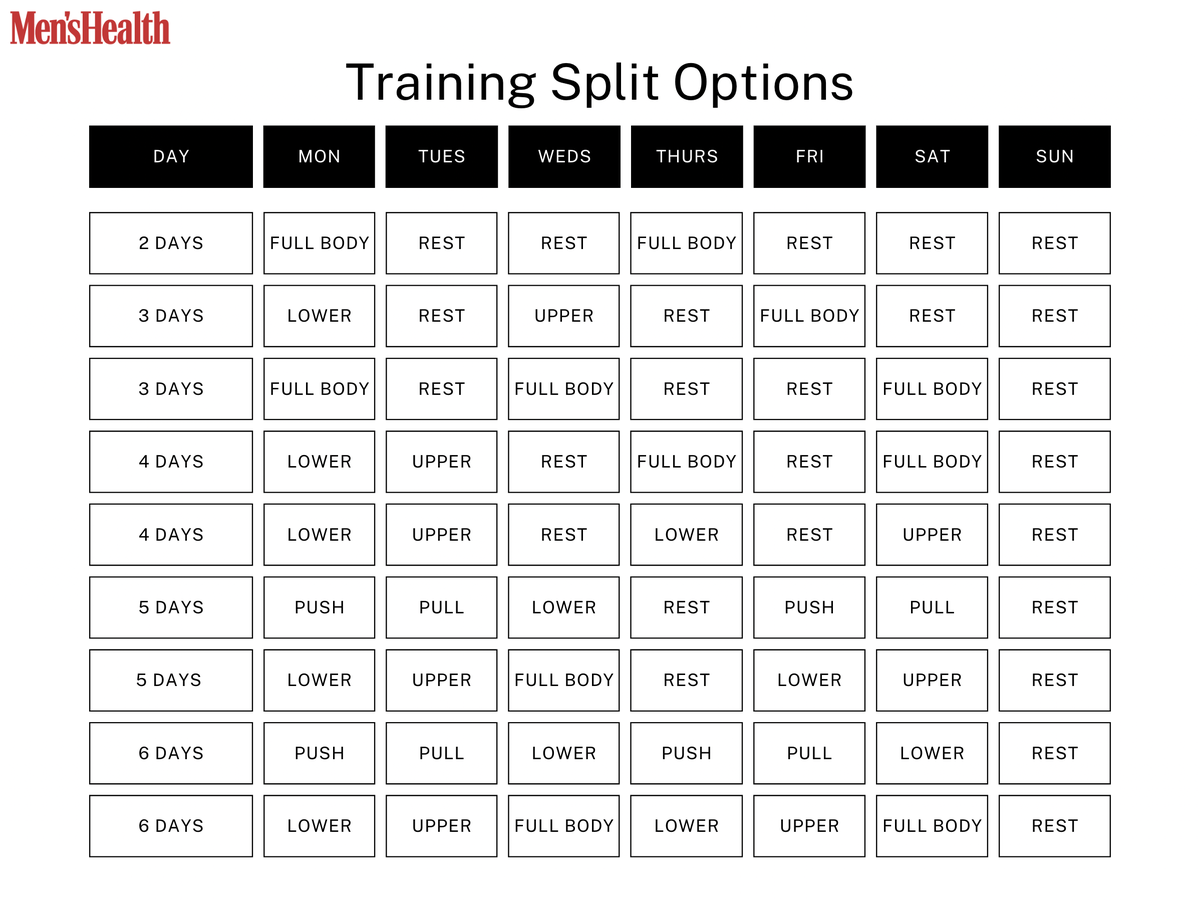, you'll need to get accustomed with a certain level of discomfort, as this is where the magic happens.
So, when the weights get easier and you've put in some consistent effort, when should you up your weights? Here you will learn when to increase your weights safely and effectively.
Why Does Increasing Your Weight Matter For Building Muscle and Strength?
.

When Should I Increase Weight When Lifting?
, but for the majority of intermediate to advanced lifters it isn't realistic to increase weights on a weekly basis. These "newbie" gains that new lifters see do tend to taper off over time, making a more sustainable method of weight progressions necessary.
What Is the RPE Scale?
to your advantage. The RPE scale is measured from 1 to 10: 10 represents maximum effort, and 1 indicates minimal or no effort. For context, a 10 would feel like pushing yourself to the limit during a deadlift, leaving no energy for another rep, whereas a 1 would be comparable to zero effort. If form has completely broken down to a point that it could cause harm, that would be beyond a 10 and is not advisable.
Aiming for 8 or 9 out of 10 on the RPE scale would be suitable to see hypertrophy and strength progress.
isn't always necessary for muscle growth or strength, it can help you better gauge your limits and use the RPE scale more effectively.
What Is the Reps in Reserve Scale?
suggests that using RIR to inform your RPE provides a more accurate assessment of intensity during resistance training than traditional RPE alone.
How Do I Know When My Weights Are Getting Too Easy?
You'll know if your weights are getting too easy when you could easily do 3+ more reps at the end of your sets and your exertion level using the RPE scale drops below a 7. This will mean that during the following session, if recovery is in place, you can take the weights up for that given exercise.
What Is the 2-for-2 Rule?
Another method is to use the "2-for-2 rule". This is a simple guideline used to determine when it's time to increase the weight you're lifting. Here's how it works:
If you can complete 2 extra reps beyond your target rep range in your final set for 2 consecutive sessions, it’s time to increase the weight.
Should I Increase Weight or Reps?
shows even light weights can promote hypertrophy if programmed with the right amount of volume and pushed to near maximal effort. For strength goals, however, heavier weights take precedence, delivering better results with shorter sets.
If you don't have fractional plates available, you may not be able to increase weight to the next increment that suits your abilities, in which case increasing reps would take precedence to avoid compromising form too excessively.

What Is the Double Progression Method?
, you slightly increase the weight and return to the lower end of the range.
The double progression method ensures consistent progress, improves both strength and hypertrophy, and reduces injury risk by allowing your body to adapt before handling heavier loads, so for us it is the most robust method of facilitating progressive overload.
How Much Weight Should I Increase the Squat, Bench Press and Deadlift By?
.
From there, while your training experience will greatly determine the amount that you can increase weights by, you can use the following weight increase suggestions as a rough guide, as long as you adjust it for your own needs:
- : Increase by 2.5-5kg
- : Increase by 1.25-2.5kg
- : Increase by 5-10kg
While some may feel embarrassed to use the small fractional plates, they can be a game changer for your strength and muscle gain goals when progressing weights upwards over time.
If you are programming effectively, and you increase the weight in your heavy compound lifts, it won't be sensible to also increase the weights in your accessory lifts in that session. It would be preferable to increase those during another session to avoid overloading your body.
Can I Increase Weights in a Calorie Deficit?
, it's important to be realistic about the rate at which you make progress, and save large muscle and strength goals for when you are eating at maintenance or in a calorie surplus.
Why Recovery Is Important
and rest will ensure your muscles can repair between each session and improve the rate at which you can increase your weights. It will be important to schedule enough rest days in between sessions. As a rough guide, you can tailor the following training splits to suit your needs:



Post a Comment
0Comments